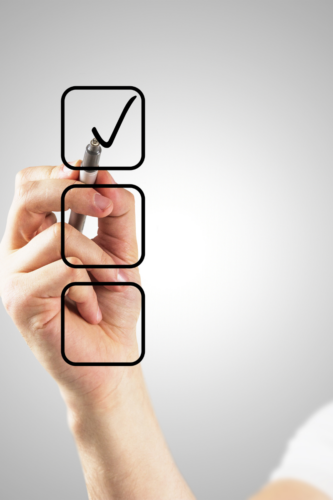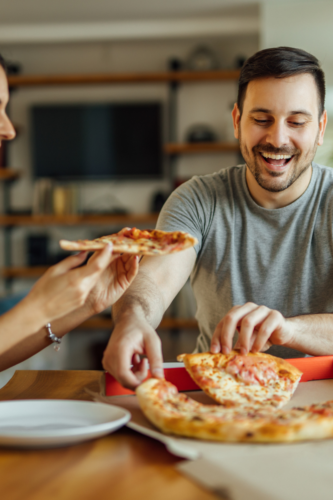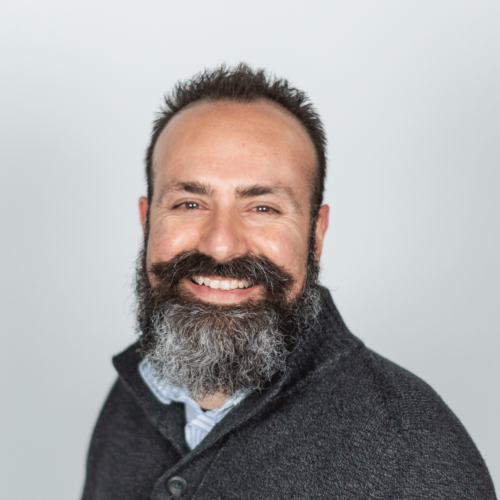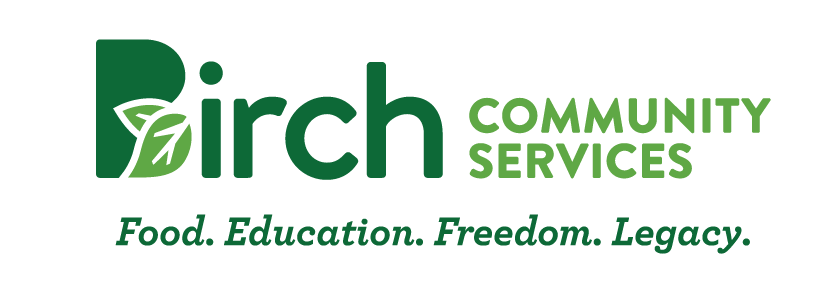“Where do you want to go for dinner tonight?”
“I don’t care, you pick!”
“What about that new food truck everyone is talking about?”
“No. I’m not feeling food truck.”
“Ok. What about a burger? It’s been like 4 years since we had one.”
“Well… we just had burgers last week after the kid’s soccer game.”
“Fine. You pick!”
Perhaps this is a common pre-dinner “discussion” after a long week of life. Or just a long day. It makes sense, right?! All of the meetings. Constant bombardment of communication from all directions. Endless commitments to juggle. A seemingly never shortening list of stuff you should do, would like to do, and have to do. And all of it seems to need to happen NOW. Would somebody please make the madness stop! It’s the end of a long day and the next task on the list is to figure out how to feed everyone with no plan and even less energy.

So, why not take the night off?
Relax. Take a deep breath. You deserve this. In fact, you both worked hard all week. You’ve been mostly good, on our financial plan. Why not throw the budget out the window for just one night?
Yes, there is food in the fridge, freezer, pantry, garage…but it doesn’t “sound good”. Besides, you’re too tired to make anything. Don’t even ask you about picking something from the pantry AND the freezer to come up with something to make. You can’t make another decision.
Joyfully you find yourself stepping out of the house, keys in hand, deliberating on where to get the best meal (for your mood), but within reason (because, you know, we don’t want to throw out the budget THAT much), and so you head out ready to escape the craziness in favor of a break. A night out on the town.

Before we get into whether this is right or wrong let me clarify a bit. I happen to like eating out…AND I also like the budget.
This is not about the budget or taking a night off from cooking.
Let me say that again to be sure you hear me…this is NOT about the budget or taking a night off from cooking.
These are all good things.
This IS about the plan and your decision-making framework used at the beginning of the conversation.
This IS about what kind of person you are, who you want to become, and how you are going to get there. Before this gets too heady. Let’s back up a bit.
We can see an interesting play between our plans, our means (or resources), and how we feel about said things in any given moment. On top of that, and dare I say running through it all is how we make decisions the way that we do. How have we conditioned our thinking as it relates to our decision-making? How have we chosen to say yes or no in each situation?

Back to our initial situation of spontaneous eating out. In order to determine whether or not this was a wise choice we have a few more questions to ask ourselves:
- Was there a presumption that we were going out to dinner tonight?
- Was it on the calendar?
- Is this a spontaneous thing that we haven’t done since 1983? Or is this a pattern we have built over weeks…months?
- Have we pre-determined how much we can spend on this kind of activity and how frequently?
The point here is to take an opportunity, either one we created based on how we feel, or one that presents itself to us, and run it through a decision-making paradigm that is based on our value system and vision that is driven by those values. The vision being the desired expression of the values.

So, imagine being able to go out to eat (created by how we felt in the moment) and how the evening might go, but more importantly how you might feel after the fact in terms of planning and the budget. Consider the same situation, but connected to a plan where there is room in the budget for this kind of spontaneity. The first example is rooted heavily in emotion with no context, but this second version of the same situation is rooted in the context of a plan which allows for spontaneity.
Said another way, when you create an environment that keeps in mind your individual means and you put all that into a plan based on your values (which leads to a vision for yourself), then any kind of opportunity (including going out to eat) will be done without guilt, and can be enjoyed fully. This extends to other agreed-upon items like home life, signing up for a subscription, and giving money to someone in need.
Now back to our situation…what do I want to do for dinner tonight? The answer is simple…Whatever allows me to live out the vision of my life.

Dino Biaggi
Dino oversees education and provides financial mentoring.He has worked in two financial aid offices and was on the scholarship committee at Mt. Hood Community College. As a former BCS participant, Dino’s familiarity with BCS makes him a perfect fit to oversee our financial literacy program.
